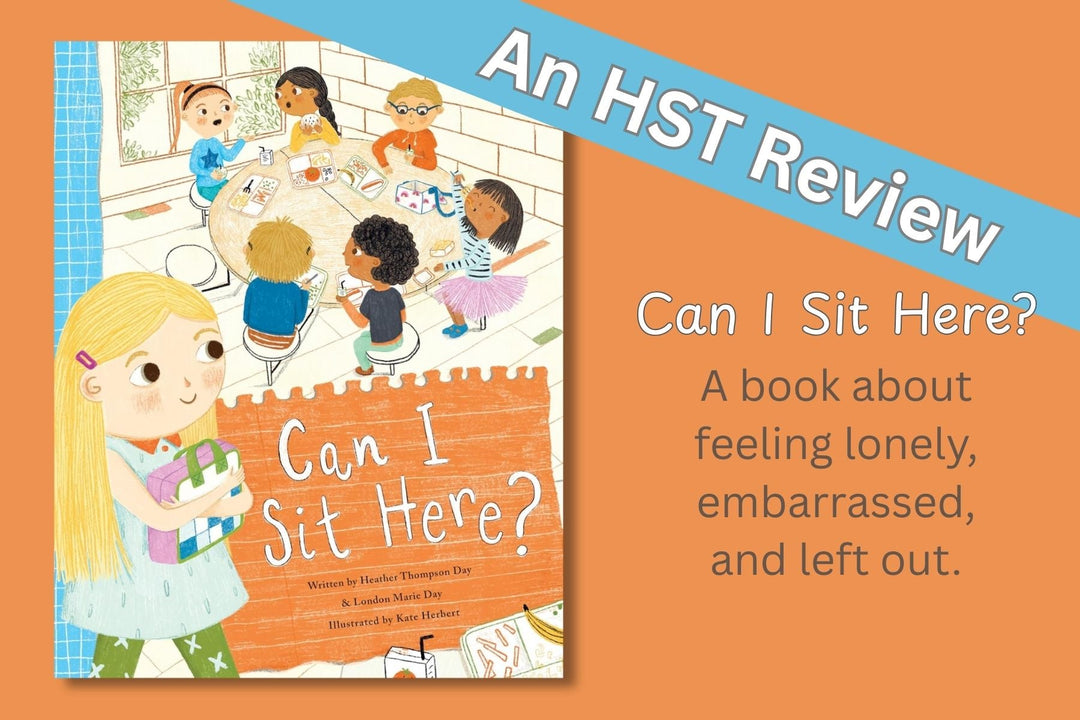How to Be a Great High School Teacher

Recently I read an article by a woman unexpectedly thrust into homeschooling her children. At one point she states that her home isn’t a school. She then goes on to describe all the ways her kids are learning though—like math as they cook and science as they observe nature.
She’s right. Home is not a school. But that doesn’t mean it isn’t a place to learn.
While many people can accept this for the elementary years, they often struggle with the idea of homeschooling high school. All of a sudden they feel unqualified, and it’s no wonder. How often are homeschoolers asked “How can you teach all the subjects required in high school?” It’s assumed a person can only teach those areas that they are experts in, or at least have a college degree saying they are an expert.
Don’t let the critics fool you. You do not need to be an expert in every subject in order to teach high school. Why?
Because home is not a school. But it’s an incredible place to learn.

Redefining the Role of a High School Teacher
Let’s begin by redefining what it means to teach, or to educate, our teens.
Educate: To bring up, as a child; to instruct; to inform and enlighten the understanding; to instill into the mind principles of arts, science, morals, religion and behavior. To educate children well is one of the most important duties of parents and guardians.
Dictionary of the English Language, 1828
I love that Webster points out that education is the duty of parents! But does this mean our students never learn from anyone else? Absolutely not! However, you are the one in charge; you are the one ultimately responsible for their education.
Based on our own backgrounds, we may have a picture in our minds of what teachers look like. Thinking back on my own high school education, I remember them standing in front of the room. That didn’t mean that I didn’t have some good, creative teachers through the years, but they were always up front.
When my kids look back, I hope they remember the person who was sitting beside them, both literally and figuratively.
What Is a Good Teacher
The idea of sitting beside our teens in high school isn’t about being an authority in the subject matter. It’s about how you and your students see your relationship and the learning process itself.
The best teachers aren’t necessarily the ones who know the most. Instead they tend to be ones that act as a...
1. Facilitator
“Someone who makes progress easier”
How can you make learning easier? Not meaning that hard work isn’t involved at times—but in a way that helps make it happen.
- Get to know your students. Ask yourself the following questions: What are their interests? How has God wired them? Do they have specific talents? What strengths can you capitalize on? What weaknesses need support? How do they prefer to learn? How do they best receive and retain information?
- Do a little research. Find resources and curriculum that seems to be a good fit for your teens based on answers to the questions above. What do you believe about how students learn best? Does the resource you are looking at align with those values?
- Find out what is offered in your community and online. Over the years my sons had the opportunity to take a short story class taught by a published author, took advantage of dual enrollment classes at a community college, and participated in a small weekly co-op. P.E. included swimming on a local swim team. My youngest son competed with a 4H robotics team (and earned a scholarship through it.)
- Allow yourself to think outside-the-(text)box. Sure, high school may be traditionally taught using textbooks, tests, and “rigorous” lessons in literature, history, etc. But that doesn’t mean that’s what your homeschool has to look like! You can still do hands-on-projects, you can allow your kids to follow their interests within subjects, you can read books that go beyond the classics. You are the TEACHER! You get to decide.
- Cover life skills and not just traditional courses. One of the incredible benefits of homeschooling is having the ability, and time, to teach life-skills—not just the subjects that someone else has decided your kids need to learn. Consider what skills your teens will need to live as productive, responsible adults and find resources to help you teach those skills. If you struggle in an area, it’s the perfect time to learn together!
2. Mentor
“A wise and trusted guide and advisor”
Do your kids see you as a mentor? As someone who is both wise and can be trusted. Because without those traits, it will be hard for them to take your “advice” whether it’s about learning or life.
Gaining Wisdom
We need wisdom to teach and train our children. My pastor describes wisdom as “living life skillfully in a winsome manner.” How do we gain wisdom?
“The fear of the LORD is the beginning of wisdom, and the knowledge of the Holy One is insight”—Proverbs 0:10, ESV.
A reverential awe of God, That’s where it begins. You cannot neglect your personal relationship with God in the midst of your homeschooling.
So please, spend time in prayer and the Word. And as you live out the truth of God’s Word, trusting in Him...then your kids will see how wisdom guides your life.
Being Trustworthy
Think about this question: Am I truly trustworthy? Here are some indicators to help you know. Trustworthy people:
- Follow through with what they say they will do
- Listen to others carefully instead of only talking at them
- Admit when they are wrong
- Say “I’m sorry”
- Love sacrificially
Our teens need to be able to trust us, but we don’t deserve trust simply because we are their parents. We have to actually be trustworthy. And I promise, they know the difference.
3. Cheerleader
“An enthusiastic and vocal supporter”
Your high school students need to know that you believe in them—that they can do hard things and make good decisions.
I’m saddened to see so many negative posts on social media about teens. Recently a friend shared that his son had turned thirteen. Most of the comments were things like “You can do this...it’s only for about seven years” and “Good luck!” Do we not think our kids pick up on our attitude? Will they not rise (or lower themselves) to our expectations?
Please, be your teens biggest cheerleaders. Find what they are doing well and praise them for it specifically. When they fail, assure them you are there to help them get up again. Let them know you love them.
Of course there will be hard times—growth requires it! But your attitude and words through those times will make a significant impact on how your teens see themselves, the world, and God.
How to be a Great High School Teacher
Being a great teacher for your high school students isn’t about what you know. It’s about what you do. A good teacher loves, supports, encourages and inspires. It’s not about perfection! It’s about relationship.
Remember: Home is not a school. But it’s an incredible place to learn.
Homeschooling is a journey. Don’t stop just because your kids are now in high school. Strap on that backpack and travel with them! Keep moving forward.
Around here, however, we don’t look backwards for very long. We keep moving forward, opening up new doors and doing new things, because we’re curious...and curiosity keeps leading us down new paths.
—Walt Dinsey
So lead on homeschool mom!
Definitions from vocabulary.com
Kay Chance homeschooled her children for fifteen years. While teaching them, she discovered a passion for writing and developing curriculum resources. She loves sharing natural learning methods and creative lesson ideas with other homeschooling parents.
Kay is the Co-executive Editor of Homeschooling Today magazine and the author of the older extensions for the Trail Guide to Learning series. She makes her home in Texas with her husband Brian.











